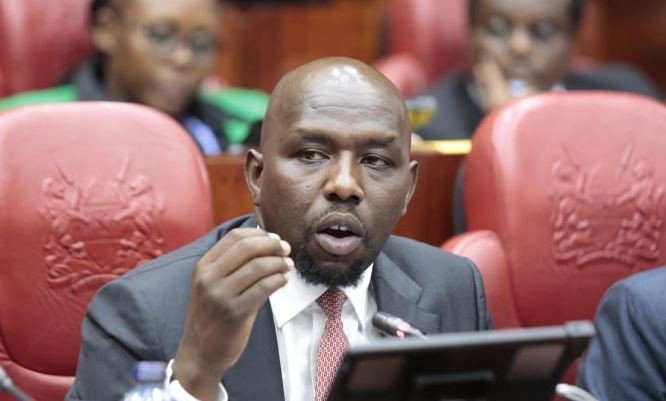Addressing Disparities: The Urgent Need for More Black Men in Clinical Trials

John’s story is one that resonates with countless individuals facing the daunting reality of a lung cancer diagnosis. Yet, for Black men like John, the journey is often fraught with additional challenges, particularly when it comes to accessing cutting-edge treatments and participating in clinical trials that could potentially transform their prognosis.
Despite being more susceptible to lung cancer than their white counterparts, Black men remain significantly underrepresented in clinical trials for targeted therapies. A recent study revealed a staggering 68% underrepresentation of Black participants in such trials, highlighting a critical gap in research that directly impacts health outcomes for minority populations.
The ramifications of this disparity are profound. Without adequate representation in clinical studies, physicians are left with limited data to inform treatment decisions for Black patients, undermining the effectiveness of potentially life-saving therapies. This exclusion perpetuates a cycle of inequity, denying Black individuals access to treatments that could offer improved quality of life and extended survival rates.
The issue extends beyond lung cancer, affecting millions of patients from various marginalized communities across the United States. Exclusion from key research studies not only compromises the development and deployment of new medical tools and technologies but also perpetuates systemic disparities within the healthcare system.
Efforts are underway to address these disparities, with institutions like the Morehouse School of Medicine Cancer Health Equity Institute and the Georgia Cancer Center for Excellence leading the charge. Through culturally tailored screening strategies and comprehensive research initiatives, these organizations are striving to bridge the gap in lung cancer care.
Moreover, the nonprofit Personalized Medicine Coalition (PMC) has put forth a set of recommendations aimed at promoting more inclusive biomedical research. By fostering partnerships with community-based organizations and prioritizing diversity in research teams, these initiatives aim to engage historically underrepresented populations in healthcare studies.
Crucially, the implementation of robust data security and privacy policies is essential to fostering trust among vulnerable patient groups and encouraging participation in biomedical research.
The plight of Black men seeking treatment for lung cancer serves as a poignant reminder of the broader disparities entrenched within the U.S. healthcare system. Addressing these inequities requires a concerted effort from policymakers, researchers, and healthcare providers to ensure that all individuals have equitable access to lifesaving treatments and interventions.
By embracing inclusivity and diversity in clinical trials, we can pave the way for a healthcare system that truly serves the needs of all its constituents, regardless of race, ethnicity, or socioeconomic status.












